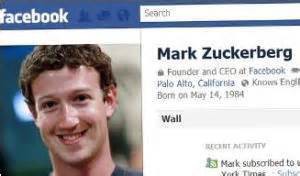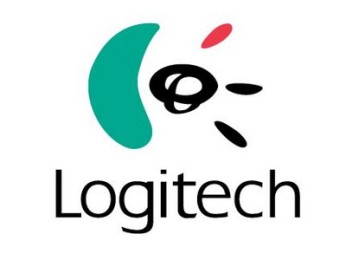 People mocked when Google’s high-priced Chromebook Pixel laptop was released.
People mocked when Google’s high-priced Chromebook Pixel laptop was released.
After all who would buy a $999 Chromebook Pixel 2 which seemed to do most of its work on the internet running lite services like Google Docs and Facebook but not traditional PC software like Microsoft Office and Adobe Photoshop.
The Dell Chromebook 13 starts at $399 for a laptop with a metal exterior, carbon fibre cover, 13-inch 1,920×1,080 screen, Intel Celeron processor, 2 gigabytes of memory and 16GB of storage. Prices range up to $899 for models with touch screens.
However it did rather well and Dell was so impressed that it designed a much cheaper version of its own.
Google’s Rajen Sheth told CNet the schools market was driving a move to Chromebooks.
They accounted for 8.1 percent of portable computer shipments in the first quarter of 2015 in the United States. That figure is predicted to rise to 10.6 percent for the full year and rise further to 12.4 percent for 2016.
Schools like Chromebooks because the hardware is cheap and teachers can control what they provide to the kids and restrict what kids can access.
Chromebooks have low management costs and are centrally managed so teachers don’t waste time handling tech support, he said.
The devices are easily shared, with students’ data and settings stored in the cloud and retrieved when they log in. And Google Apps for Education, free to schools and now with more than 45 million students using it daily, offers low-cost software for word processing, email, file sharing, presentations and chatting.
Now, Google hopes to push Chrome OS more into businesses, too. The low purchasing and management costs are a big part of the sales pitch there, too.
“There are 4 billion working adults in the world, but only about 750 million PCs,” Sheth said. “With the Chromebook, companies are able to expand the population of users who have access to those devices.”




















